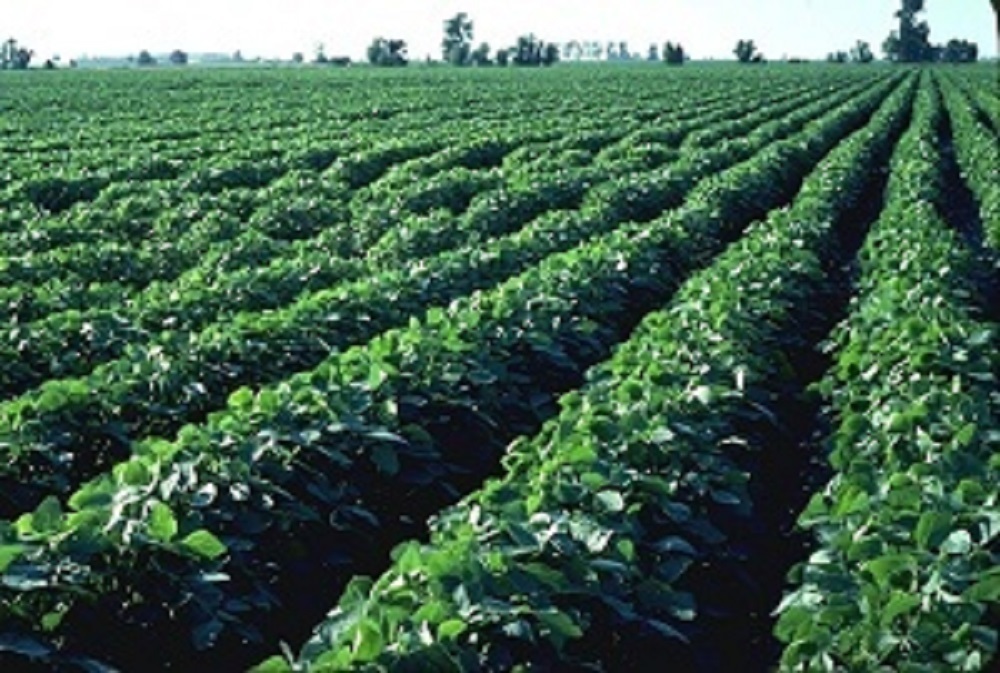Progress on trade talks with Japan and China have Iowa farmers hopeful about rural economic development.
“The Japanese trade deal, that’s going to help our markets,” Rockwell City farmer Randy Souder told the Hawkeye Reporter. “China also said it would take more bushels, they are running out of beans at a rapid rate – Brazil couldn’t supply them with enough.”
Chinese soybean crushing plants are reportedly sitting empty because Brazil’s soybeans don’t have the amino acids that China needs to properly feed its livestock

Vice President Mike Pence was in Iowa Wednesday to discuss the Trump administration's commitment to continued trade talks.
| Joseph L. Murphy/Iowa Soybean Association
“Midwest beans have higher amino acid content than Brazil’s," Souder said. "There’s a lot of science going into making products we have that Brazil doesn’t.”
Souder, who has run his family’s farm in west central Iowa for more than 40 years, said he has talked with international buyers who say China is hurting for soybeans. Europe and South America also could be part of an expanded customer base.
”Demand has come from other countries that were buying Brazilian beans,” said Souder, a member of the Iowa Soybean Association. “When they can’t buy Brazilian beans, they come to us. Once you sell something to somebody and they like it, it presents a positive business opportunity.”
That is welcome news because, despite the rainy spring, this year’s crop yield has been strong in Souder's part of Iowa, particularly compared to other Midwest states.
“In our area there’s plenty of beans and prices are on the increase, mainly because there’s a lot less grain out in the country. In Illinois and Indiana they’re not going to produce like other years, all due to weather,” Souder said.
Despite a second quarter showing difficulties in the agriculture sector, the economic outlook should be positive, Souder said.
“The markets were down a little bit but when you look at what we had a year ago, there was a tremendous carryover of crops because China was out of the market,” Souder said. “I think there’s going to be a lot less corn and beans on the market this year.”




 Alerts Sign-up
Alerts Sign-up